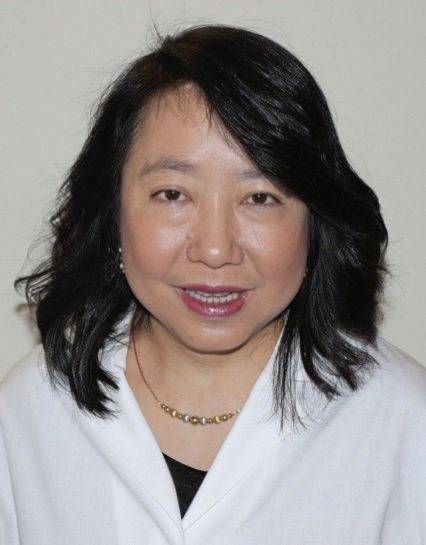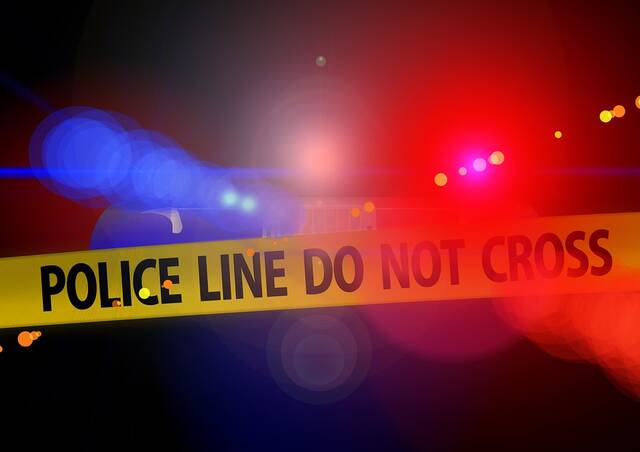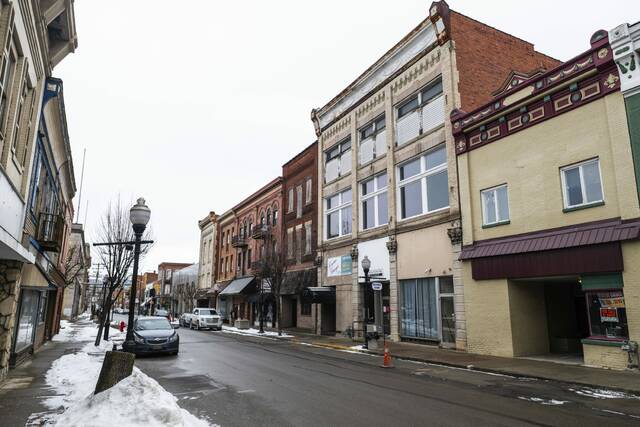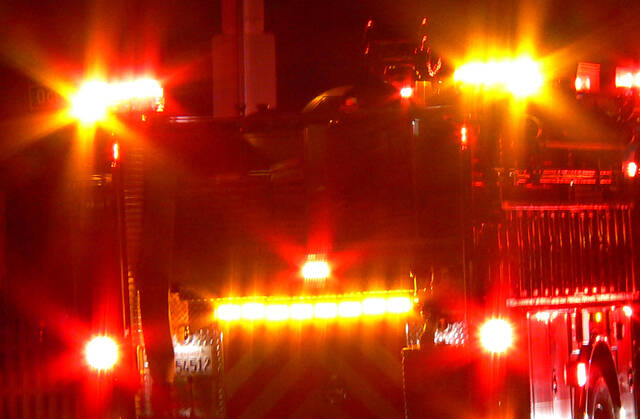Lea Anne Ochs was dismayed when she received a call from UPMC Magee-Womens Hospital about a follow-up ultrasound from a mammogram.
“My mammograms had always been normal,” said the 48-year-old from Economy Borough, Beaver County. “It was my routine mammogram. And there was no family history of breast cancer.”
The cause for concern came from images showing abnormalities of lymph node enlargements under both arms. Her doctor suspected it was because Ochs had received covid-19 vaccines in both arms — the right on Jan. 2 and the left on Jan. 23.
About 10% of women who have received the covid-19 vaccine have reported swelling in lymph nodes of the same arm where they received the shot, according to makers Moderna and Pfizer-BioNTech. In Moderna’s study, 11.6% of patients reported swollen lymph nodes after the first dose, and 16% after the second dose. Pfizer reported 0.3% of patients with similar swelling.
Ochs, who had the Pfizer vaccine, scheduled a mammogram for eight weeks after the second shot at UPMC in Wexford. Then got the call about more images because a radiologist detected swelling in her lymph nodes from the mammogram.
“I freaked out a little bit,” Ochs said. “I had to have a friend talk to me to calm me down. Everything is good now. They say that vaccines can cause lymph nodes to become active which is what you want. You also want it to settle down in a few days too. But it can take longer.”
She said UPMC is being proactive by ordering more scans.
”We take for granted when we get the flu shot that nothing is going to happen, but this is a different type of vaccine,” Ochs said.
This swelling isn’t just happening in women. Men, too, can notice swelling under their arms, according to experts.
Women undergo screening mammography, which men generally do not, so that explains why doctors are observing this more in women.
“Also, women get breast cancer much more frequently than men – another reason why this question impacts the female population more,” said Dr. Jessica W. T. Leung, president, Society of Breast Imaging and professor of diagnostic radiology & deputy chair of breast imaging at the University of Texas MD Anderson Cancer Center in Houston, Texas.. “But there is no medical/immunological reason why the phenomenon should be limited to women.”Any vaccine can cause inflammation, because vaccines activate the immune system. Lymph nodes are part of the immune system, said Dr. Margarita Zuley, chief of the division of breast imaging at UPMC Magee.
“We don’t want to scare people,” Zuley said. “We still want them to come and get their screening exam. We also know the importance of getting the vaccine, so we don’t want them to skip that either.”
UPMC is sending information to women who need to schedule their annual mammogram or have mammograms already scheduled.
If a woman hasn’t scheduled a mammogram she should try to make the appointment before her first vaccine dose or at least four weeks after the second dose.
That can reduce the chance that swollen lymph nodes from the vaccine will appear on a mammogram, according to UPMC.
“If you feel fine and there aren’t any lumps and your mammogram is negative then the swelling is probably because of the vaccine,” said Leung. “Radiologists around the country are seeing swelling. And it should go away. Don’t be anxious. It is best to wait a little bit and see if that swelling goes away.”
She suggests waiting four weeks to 12 weeks for the swelling to go down.
“Vaccines are the single best way to end a pandemic,” Zuley said. “And annual mammograms are the most effective way to reduce mortality rates from breast cancer. Both are important.”
Dr. Anton Becker and Dr. Rocio Perez-Johnston, of the department of radiology, Memorial Sloan Kettering Cancer Center in New York, were part of a report published on the Radiological Society of North America’s website. Their department observed an increasing number of enlarged lymph nodes. Becker said via email that the next step is “to collect data and study this phenomenon.”
Becker said the vaccination should take priority over the screening examination.
“This is a normal reaction of the body producing antibodies in response to the vaccine, and should resolve on its own within days, but can take up to four to six weeks,” Becker said. “In patients with cancer, it may be helpful to consult a doctor to assess the risk of the swelling being due to the cancer.”













